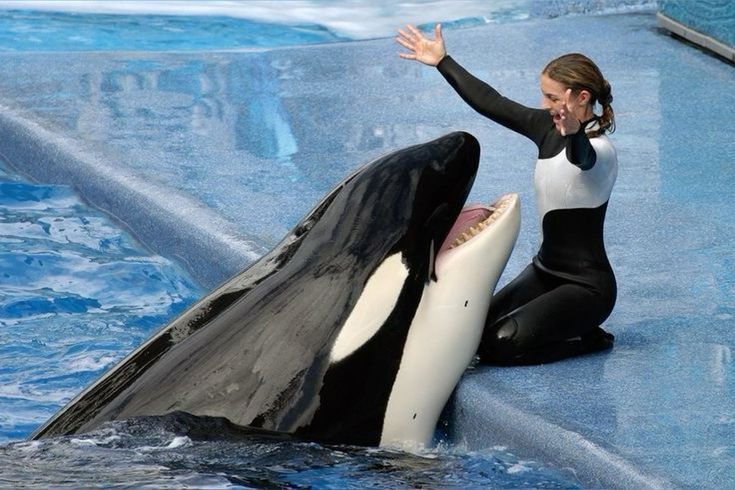The Jessica Dolphin Accident has swept across social media feeds with breathless captions and dramatic edits. But does the viral sea animal attack video show a real event—or a stitched-up hoax? Short answer: credible reporting says the “Jessica” clip is fictional and lacks any verifiable source details.
Is the Jessica Dolphin Accident real or fake? A clear fact‑check
- Multiple posts claim a trainer named “Jessica” died after a dolphin (often described as an orca) attack during a live show. However, credible outlets report there’s no official record, no venue, no date, and no corroborating news to support that claim. Fact‑checks identify the story as fictional.
- Aggregated debunks point out that no marine park statements, obituaries, or legal documents exist for a supposed victim named “Jessica Radcliffe” or similar—another red flag.
Bottom line: The Jessica dolphin incident news update isn’t an update at all—it’s a myth recycled for clicks.
What’s actually in the “Jessica viral dolphin video”?
Creators label the clip as a dolphin accident caught on camera, but the footage usually contains unrelated scenes, generic water-park shots, and AI‑generated narration. The posts don’t name a city, park, or date, and they often shift details (pool vs. ocean; dolphin vs. orca) to keep the story vague. That’s typical hoax behavior designed to spark shares while avoiding verifiable specifics.
If you’re wondering “what happened to Jessica in dolphin video,” the honest answer is: there’s no verified original source and no authenticated full footage of a dolphin attack on a woman that matches these claims.
Context matters: real marine incidents vs. viral fiction
It’s true that serious incidents with captive orcas (the largest members of the dolphin family) have occurred. Documented cases include the deaths of trainers Alexis Martínez (2009) and Dawn Brancheau (2010). Hoax videos sometimes borrow the emotional weight of these tragedies to make new, fabricated narratives feel plausible.
That contrast is key: those cases are traceable in time, place, witnesses, investigations, and official statements. The Jessica ocean incident has none of that—and that’s why fact‑checkers flag it as unsubstantiated.
Why do dolphin mishap viral clips spread so fast?
- Emotion first: “Girl attacked by dolphin viral video” triggers fear, shock, and urgency—prime ingredients for virality.
- Ambiguity sells: Vague claims (“dolphin bite accident,” “Jessica fish attack video”) dodge specifics that investigators could verify.
- Algorithm fuel: Reposts, duets, and stitched edits repackage the same rumor until it feels ubiquitous.
- Authority theater: Narrations mimic newsy tones to create a thin veneer of credibility.
In short, the truth behind Jessica dolphin video is less about marine behavior and more about how attention economies reward sensational content.
How to verify ocean animal accident viral claims
Before you share a dolphin encounter gone wrong:
- Trace the original upload. Can you find the earliest poster, date, and location? If not, treat it as unverified.
- Check credible news. Search established outlets for the same incident details (name, venue, city, date). No hits? Big warning.
- Look for official statements. Marine parks, law enforcement, or rescue agencies will issue records after serious incidents.
- Scrutinize the audio. AI‑style narration and repetitive stock phrases often signal low‑credibility edits.
- Compare footage. Reverse‑image or frame‑search to spot recycled clips from unrelated events.
- Beware shifting claims. If a story morphs (dolphin vs. orca, pool vs. ocean), credibility plummets.
These steps help you separate a real Jessica marine life encounter from a dolphin mishap viral clip made for views.
Jessica dolphin incident news update: what we know now
As of now, no credible outlet or official source has confirmed a dolphin attack on a trainer named Jessica, and reputable reporting labels the circulating content fictional. Claims of a “dolphin attack on woman full footage” lack provenance and cannot be authenticated.
If you’re looking for the Jessica ocean video original source, that’s the tell—there isn’t one that stands up to basic verification.
Quick takeaways
- The Jessica Dolphin Accident is not supported by verifiable evidence.
- Posts rely on AI voiceovers, vague details, and recycled clips.
- Real, documented cases exist—but they don’t match the viral Jessica narrative.
FAQ: Jessica dolphin accident real or fake?
Is the Jessica dolphin accident real or fake?
It’s fake. There’s no venue, date, or official report; fact‑checks identify the story as fictional.
What happened to Jessica in the dolphin video?
Nothing that can be verified. The clip lacks an original source and uses ambiguous, recycled visuals and AI narration.
Where can I watch the dolphin attack on woman full footage?
There’s no authenticated “full footage.” Claims point to edited, context‑less videos without credible sourcing.
What’s the truth behind the Jessica viral sea attack video?
It’s a social media hoax that piggybacks on real, separate orca incidents to feel believable, but it has zero independent corroboration.
Is there any Jessica dolphin incident news update confirming details?
No. Reputable outlets report the story as fictional, with no official confirmations to date.
Conclusion: don’t let a viral clip do your thinking for you
The Jessica Dolphin Accident taps into our curiosity about the ocean’s power—but curiosity without verification becomes clickbait. When a dolphin accident caught on camera pops up again, pause, verify, then decide. And if you care about responsible storytelling, share this fact‑check and help someone else see through the smoke.





hv6j7z